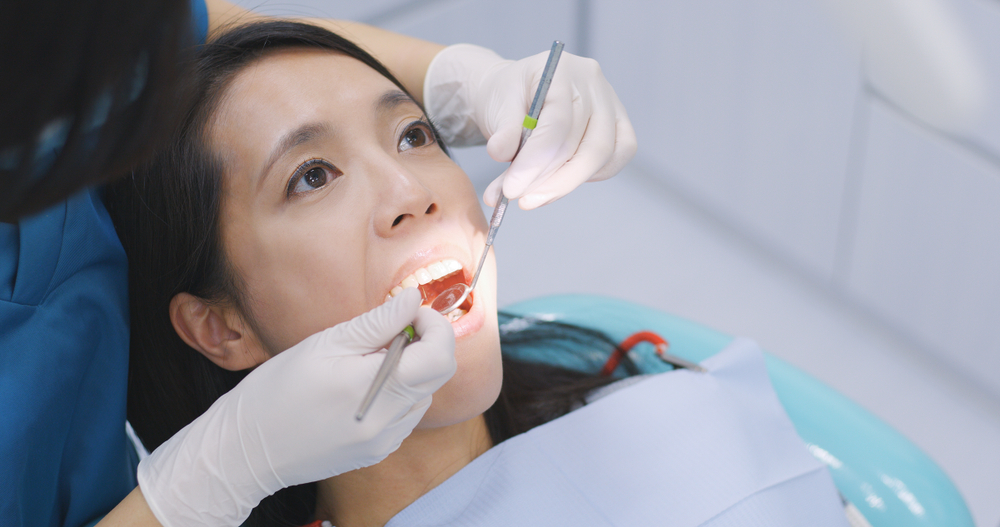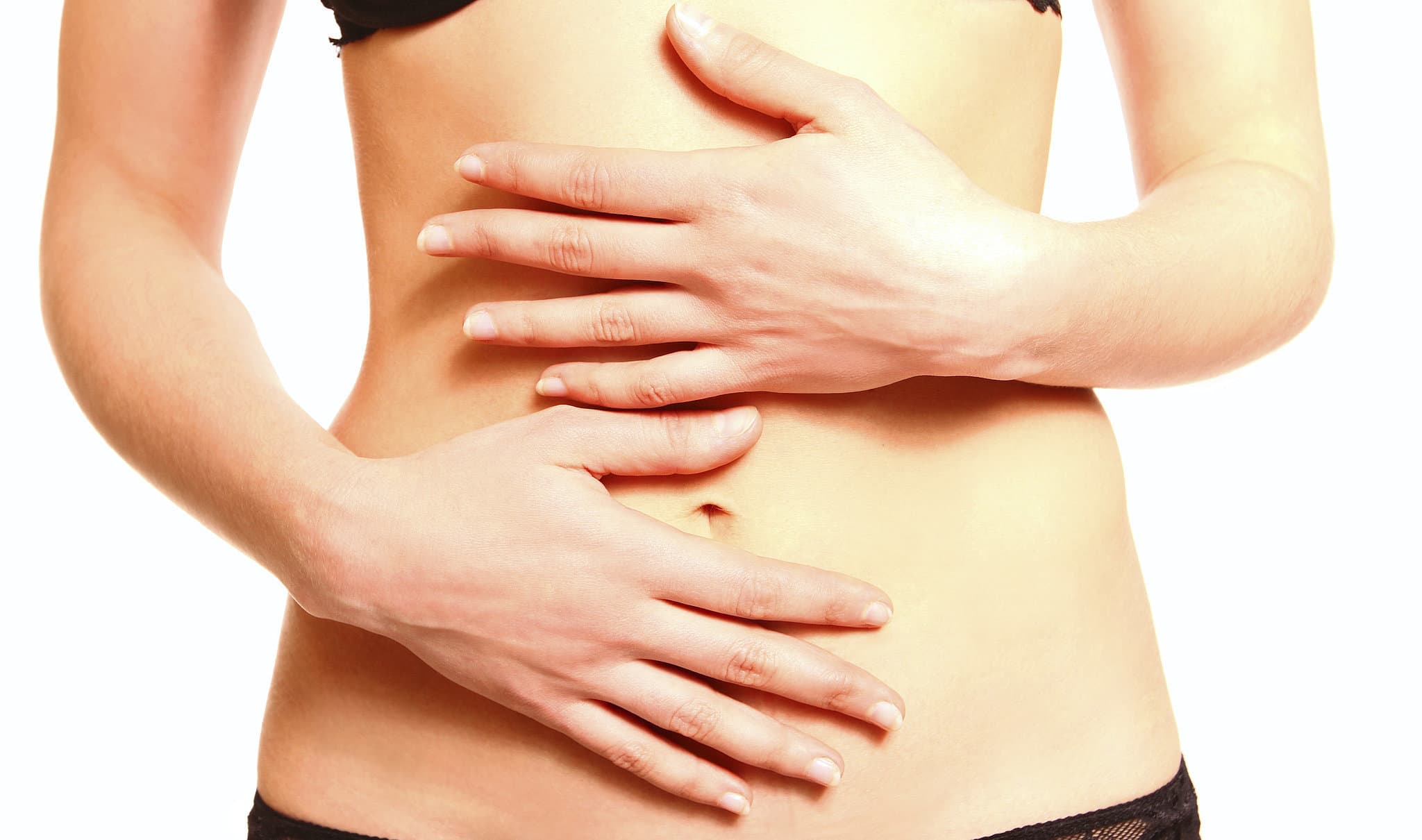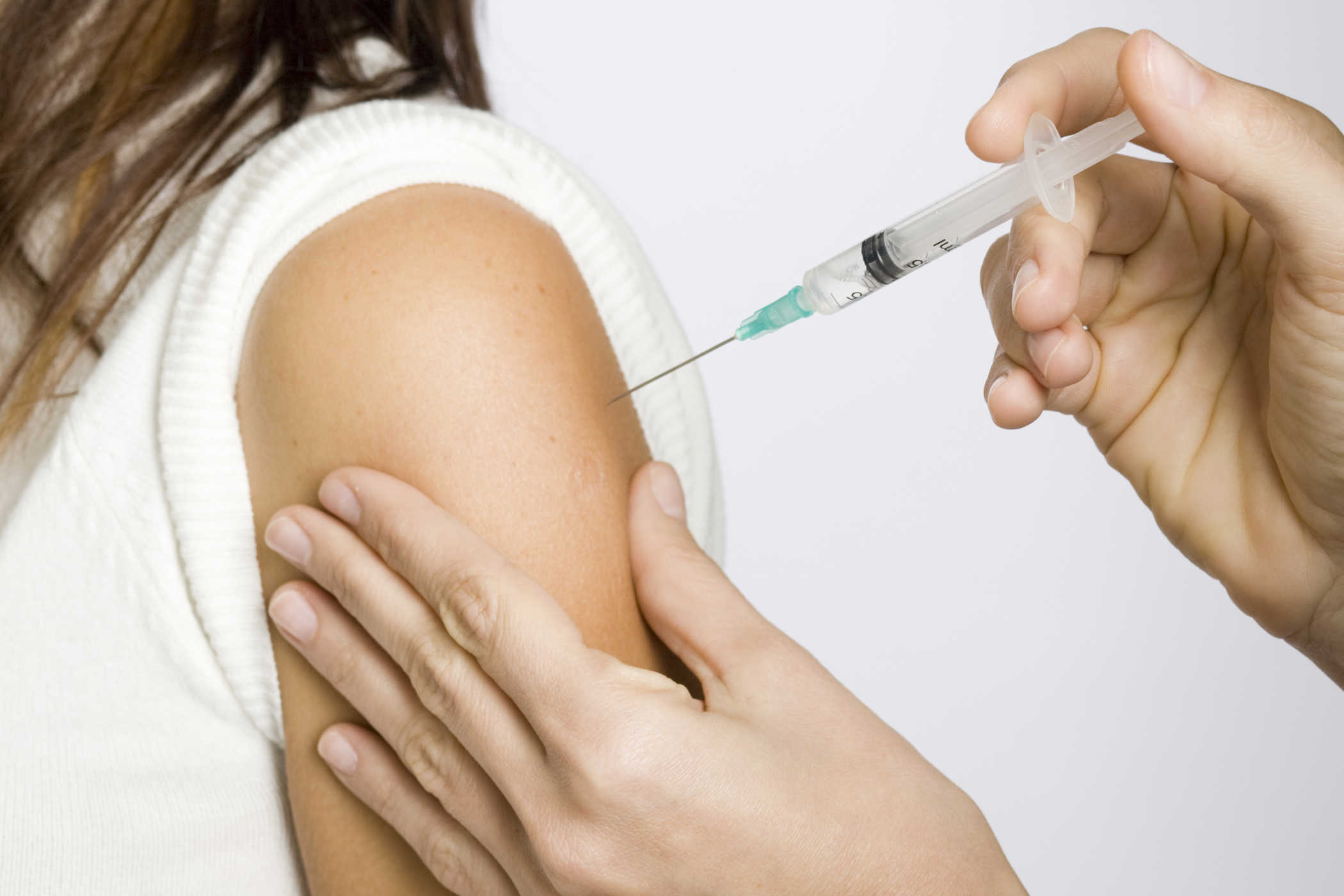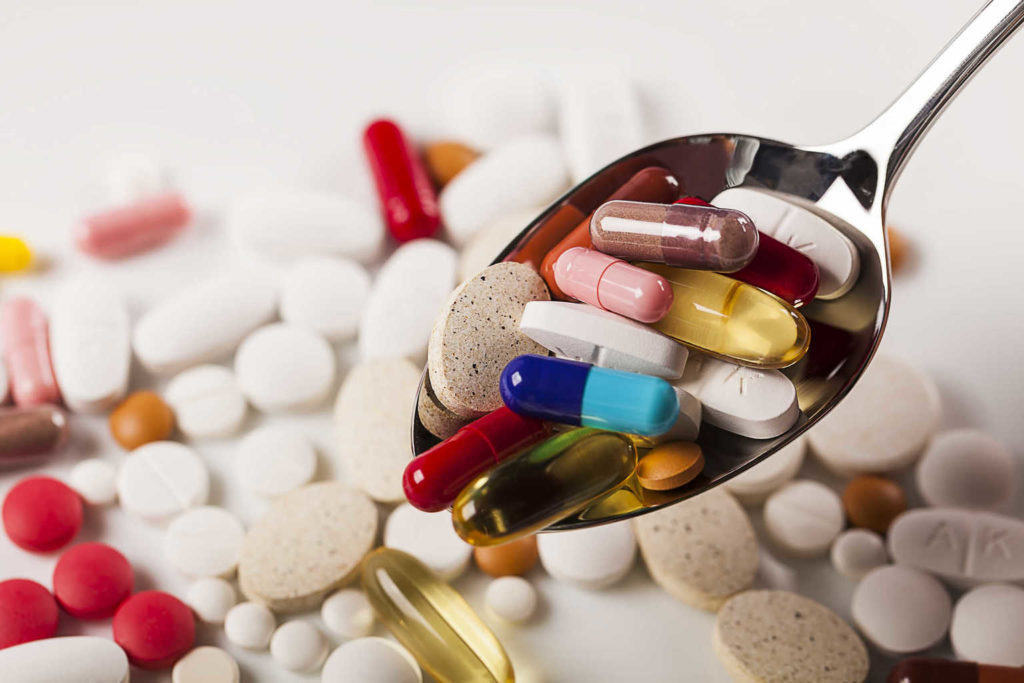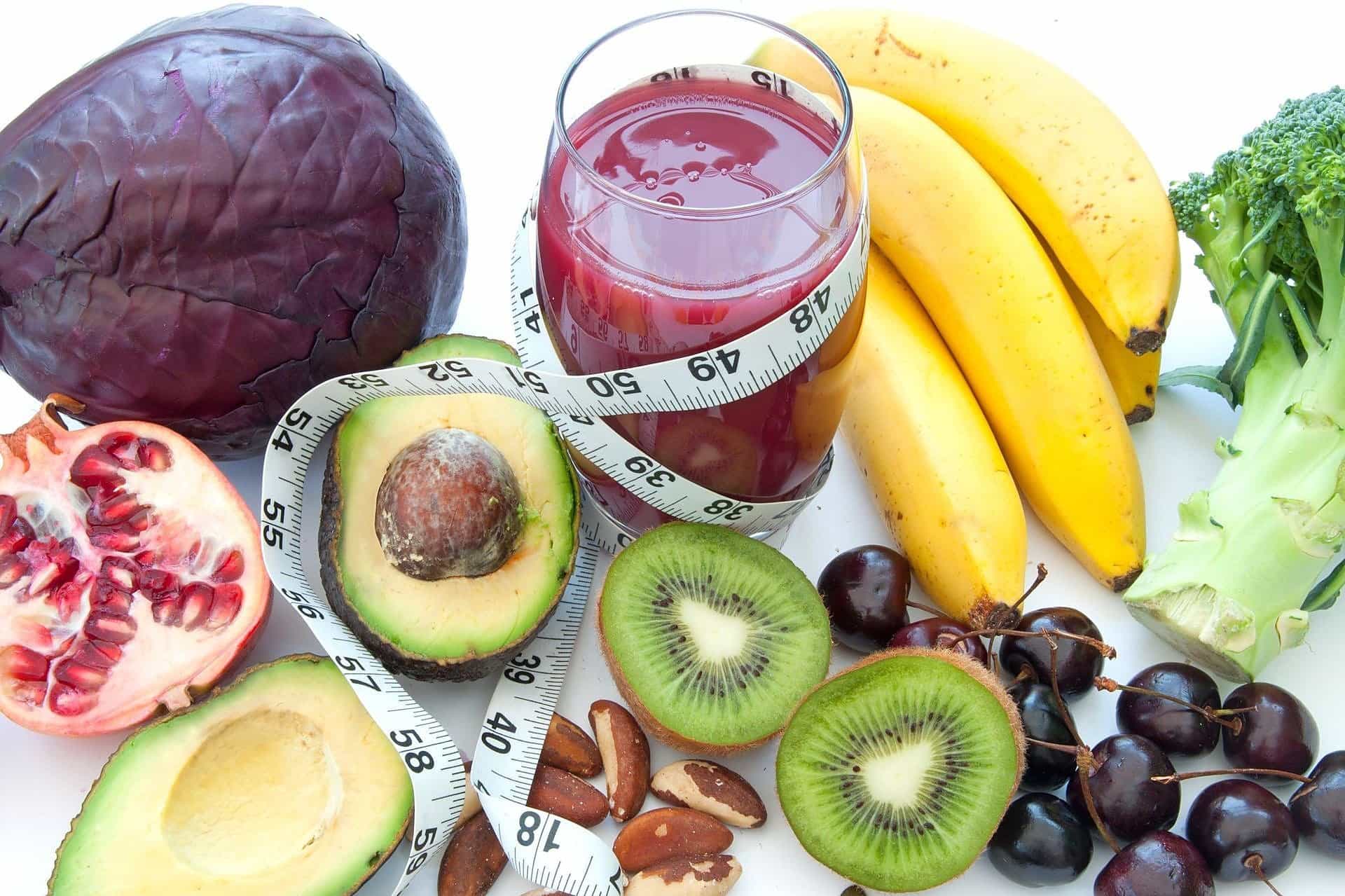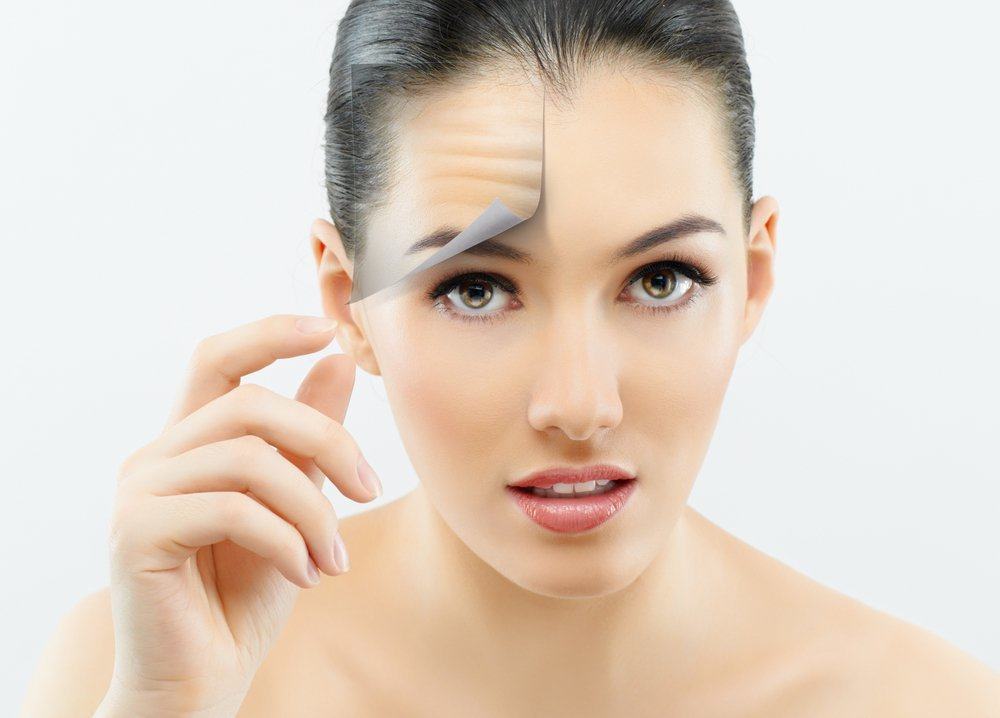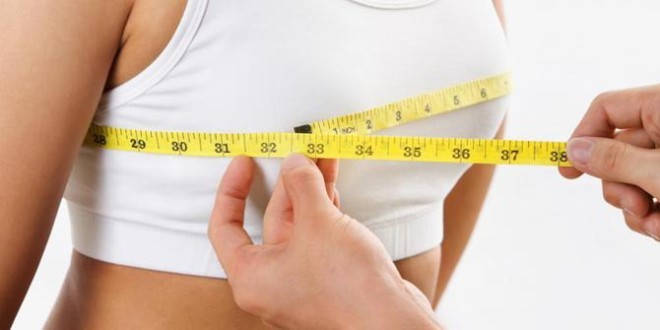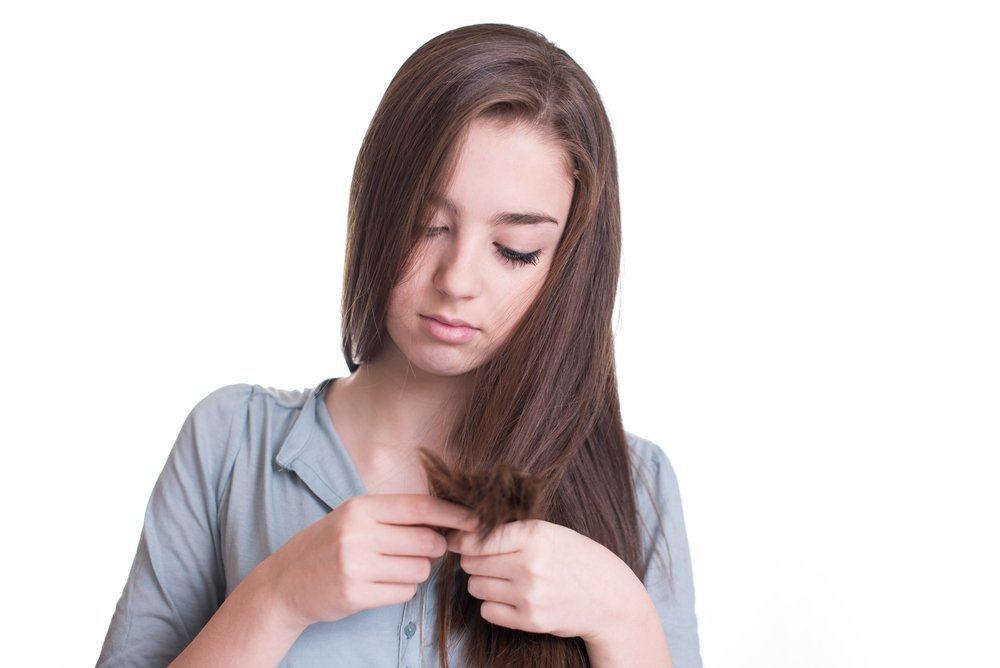Contents:
- Medical Video: Dental Health Check for Kids
- Why do you have to check my teeth?
- Then, how many times do I have to check my teeth?
- Do older people still need to check their teeth?
- What should be prepared before routine dental check up? Do you need to brush your teeth beforehand?
- What is checked during regular dental checkups?
- What are the standard treatments at home that can be done to maintain dental health?
- How do you choose a good dentist?
Medical Video: Dental Health Check for Kids
Maintaining dental and oral health is important for everyone - young and old, male and female. Besides diligently brushing your teeth and using mouthwash, it is also important to routinely check your teeth to the dentist. Actually, how often do you check teeth?
Why do you have to check my teeth?
Dental examinations by dentists can detect and treat various disorders that commonly affect the mouth area. For example, cavities (caries) and gum disease.
Cavity is a permanent problem and will not heal itself. If left untreated, the hole will open up more and the pain will get worse. Tooth holes that are already severe can cause infections that spread to the roots and cause swelling (abscess). In people with low immune system, infections can spread to other body organs such as sinuses, jaw, and neck and chest area.
Unfortunately, most people are not aware of their dental and mouth problems. In fact, the earlier the disease is detected, the treatment will be simpler, the costs will be cheaper, the risk of illness will be smaller.
Dentists can also check for signs and symptoms of oral cancer when examining your teeth.
Then, how many times do I have to check my teeth?
Adults are advised to check their teeth regularly every 6 months. However, if there are complaints about the teeth and mouth, you are advised to come directly to the dentist.
The frequency of visits every 6 months is also not the same for everyone. If you have a metabolic disorder or systemic disease and are at risk of developing dental and oral diseases, you will be advised to check your teeth every 3 months.
Children are also advised to routinely check teeth every 6 months, starting from the age of 6-7 months when their first milk teeth have grown, then continue to take the child to the dentist even though there are no complaints. In addition to controlling futures, this also aims to introduce children to dentists, nurses, dental clinics so that later they will not be afraid if at any time need a dental procedure.
Do older people still need to check their teeth?
Yes! Parents certainly need regular dental check-ups. Aging not only causes gray hair and wrinkled skin, but also gives a certain effect on the teeth and oral cavity. Examples such as teeth become easier to hole, dry mouth, rocking teeth, and tooth loss (toothless).
That's why dental examinations are very important to find out what problems are experienced and how to deal with them appropriately, so as to improve comfort and quality of life.
For older people who already have many systemic diseases and take drugs that affect the condition of oral teeth, dental check-ups may need more frequently according to the doctor's needs and recommendations.
What should be prepared before routine dental check up? Do you need to brush your teeth beforehand?
Before regular dental check-up with a doctor, it's okay to brush your teeth, but it's not mandatory. The dentist will then clean your mouth and teeth area.
All you need to do is be open about the condition of your mouth and answer honestly all the questions raised by the doctor. For example,if the doctor asks about how often you brush your teeth daily, it's a good idea to answer as honestly as possible. Then if there are complaints, for example there is a tooth that is sick, as much as possible to tell in full, for example since when the complaint appears and how sick the pain is.
What is checked during regular dental checkups?
During a routine dental check, the doctor will check the condition of your teeth - whether there is a tooth hole, broken, cracked, damaged tooth fillings, or there are plaques and tartar. Plaque and tartar is the source of infection in the oral cavity, so if there is and is severe it must be cleaned immediately. The dentist will also assess how high your risk is for problems with cavities.
The doctor can then check the position of the wisdom teeth that are growing obliquely or the rows of broken teeth. If after checking it still needs a supportive picture, the dentist will recommend you undergo a dental x-ray to plan further action.
In addition to checking the teeth, the doctor will also check the condition of the gums and other dental support networks that play a major role in dental health. Starting from the tongue, palate, to the jaw joint.There are other problems that arise in the tooth supporting tissue, such as bleeding gums, swollen gums, down gums, and shake teeth caused by damaged gums, all of which will be examined. Later the dentist will check and provide appropriate treatment.
The dentist will also check how well you treat oral and dental health. Doctors can teach you how to brush your teeth properly, as well as other treatments needed for healthy and well-maintained teeth.
Not forgetting, the doctor will ask kYour daily habits, such as diet, smoking, parafunction (habit of pencil pencil, nails, gnawing of jaws, bruxism or cracking of teeth) that can adversely affect teeth.
What are the standard treatments at home that can be done to maintain dental health?
To treat dental and oral health and avoid various risks of disease, you should start applying these three things every day:
- Apply toothbrush twice a day with fluoride toothpaste, especially at morning and before bed. Do it for 2 minutes, making sure all the surfaces of the teeth are brushed from those facing the lips and cheeks, the chewing surface, and the surface facing the tongue or palate
- Wear dental floss or an interdental brush to the gaps between teeth once a day. You can also do a tongue brush to maintain tongue health and support oral health.
- You can also use additional fluoride to prevent cavities. In people at high risk of cavities, fluoride mouthwash is recommended. Whereas in people with a high risk of gum disease, you can use an antimicrobial mouthwash according to your doctor's advice.
- Gargle with mouthwash. Choose one that does not contain alcohol, because it can make your mouth dry. However, you are not advised to rinse more than 2 consecutive weeks.
Don't forget to eat foods that are highly nutritious (containing calcium, phosphorus and fiber) and limit consumption of sweet foods and drinks. Besides that, multiply itdrink water to increase the production of saliva to cleanse and moisturize the mouth. Avoid smoking to keep teeth bright.
Avoid brushing your teeth too hard to prevent the gums from going down. It is not recommended to brush your teeth immediately after you finish eating, because this can erode the enamel. Also avoid biting objects or foods that are too hard tightly.
The routine of checking your dental health to the dentist is also one of the proper ways of care and prevention. Immediately visit the dentist when he feels there are complaints such as small holes or bleeding gums before pain arises. If there are holes in the teeth, immediately patch the tooth hole.
How do you choose a good dentist?
In general, all dentists are as good and good as they are standardized. Choose a doctor who is comfortable for you to consult with and talk well about your dental and mouth health problems.

